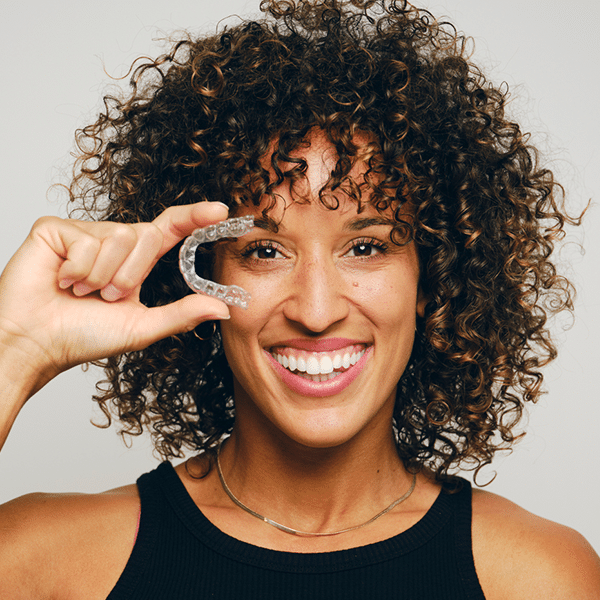We specialize in Orthodontics. Braces and clear aligners are used to assist in aligning and straightening teeth in order to not only improve appearance, but to also improve a person’s bite. Orthodontics may be used to correct malocclusions, overbites, underbites, cross bites, deep bites, crooked teeth and other imperfections of the teeth and jaws. Braces may be used in conjunction with other orthodontic appliances to help with making corrections to a person’s bite.
Dental technology has improved over the years to include new options to help correct the above issues, and there are a number of techniques and products available that were not available just a few short years ago. The patient experience has improved and today’s options are less conspicuous than the full braces that were common in the past.

Braces
Braces are a highly effective orthodontic treatment. These appliances work by placing fixed brackets on the teeth. An archwire connects the brackets to anchoring bands around the molars. Small bands hold the wire in place on the brackets. The orthodontist adjusts the archwire, encouraging the teeth to move into better positions.
Invisalign®
The Invisalign® system makes straightening teeth more accessible, convenient, and comfortable. Custom medical-grade plastic trays precisely fit your teeth, encouraging them to move to optimal positions.


Damon Braces®
Damon® Braces utilize state of the art high tech memory wires that provide a much lower profile than traditional braces available today and have no need for the use of elastics or metal ties to connect the memory wire to the brackets. Available with both metal and clear brackets, Damon® braces work to achieve faster results within fewer appointments, with fewer extractions and expanders, with better hygiene and within a shorter treatment time.
Looking for a practice in the






